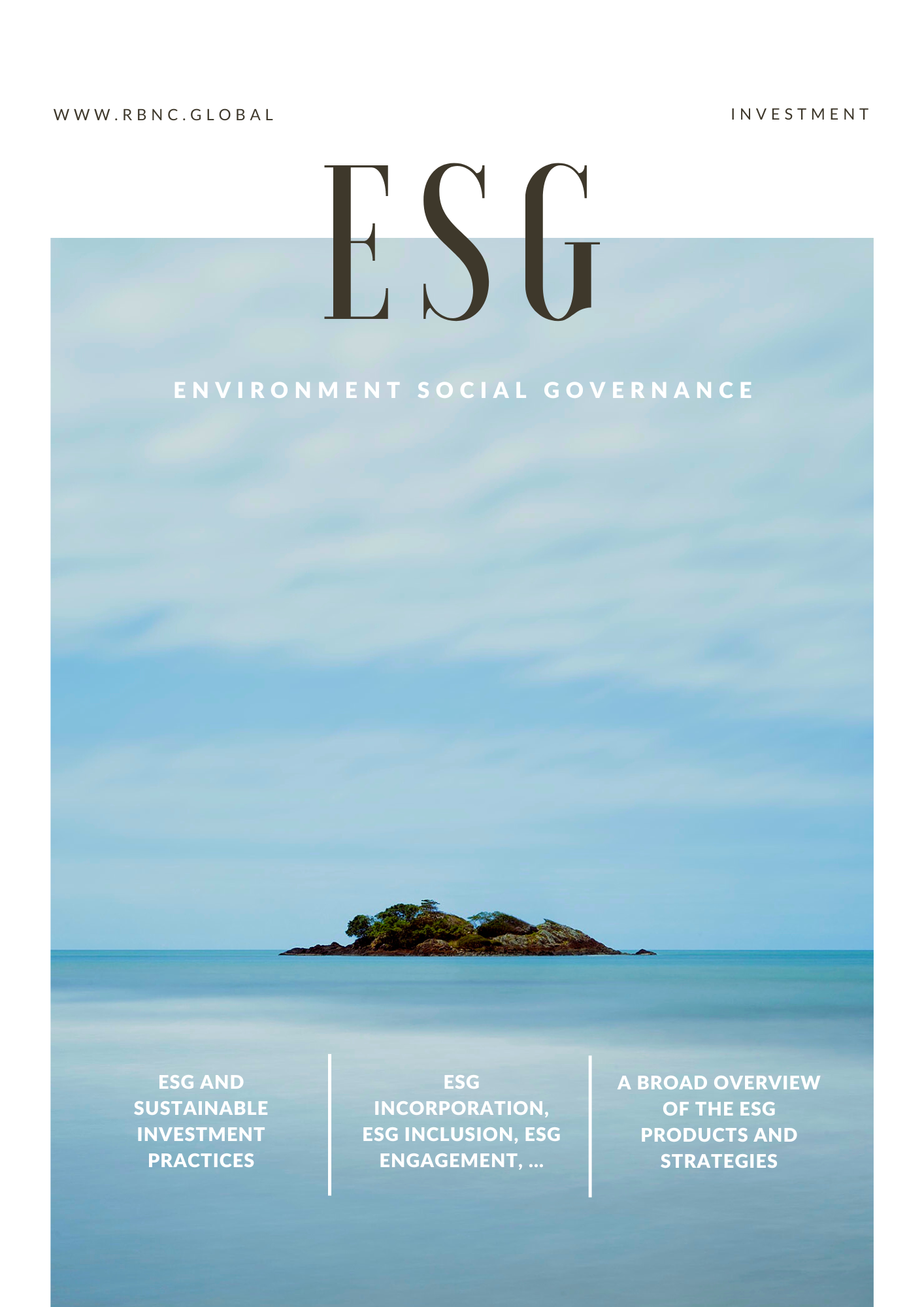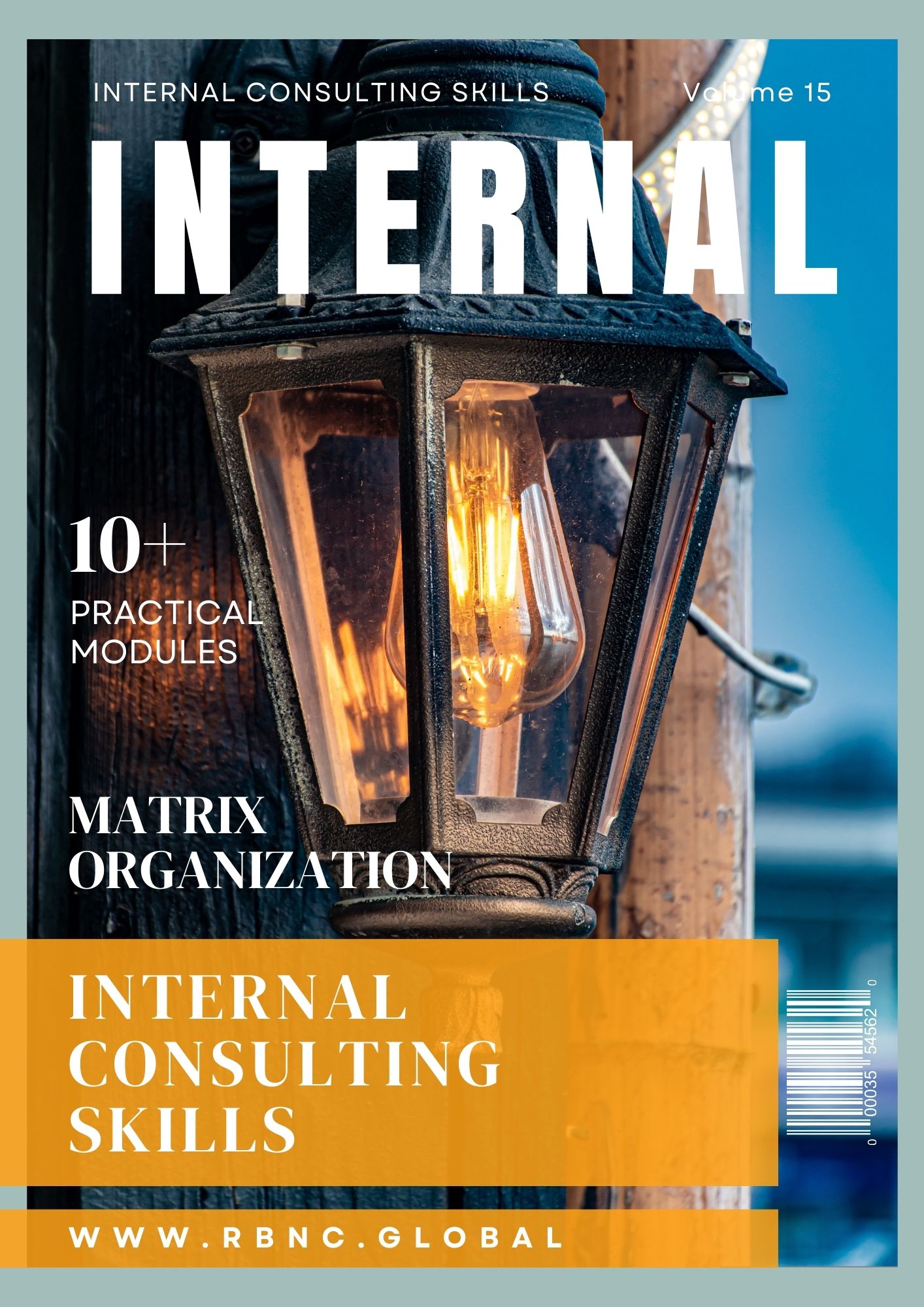ESG Investment - Environment, Social and Governance
Introduction
This comprehensive program offers participants an in-depth exploration of Environmental, Social, and Governance (ESG) investing. Through interactive discussions, real-world case studies, and expert guidance, participants will develop the knowledge and skills needed to integrate ESG factors into their investment decision-making processes seamlessly.
How you will benefit
- Provide a detailed explanation of the various frameworks for including ESG and sustainable investment practices from the perspectives of both the investors and corporates
- Cover the different approaches to ESG investing, such as ESG incorporation, ESG inclusion, ESG engagement, and ESG screening in a comprehensive way
- Give a broad overview of the ESG products and strategies across the equity and fixed-income asset classes
- Offer an overview of the various challenges that may arise when implementing ESG best practices at the organizational level
Who should attend
- Leadership and Management: Board members, business leaders, and managers at various levels.
- Specialized Teams: Professionals from IT Risk and Compliance, Internal Audit, Legal and Data Protection, Corporate Communications, and Investor Relations.
- Sustainability and CSR Professionals: Individuals directly involved in Corporate Social Responsibility and sustainability initiatives, including report authors and contributors.
- ESG Practitioners: ESG Managers, Sustainability Officers, and Compliance Professionals.
- Financial Sector Professionals: Those working in pension funds, banks, and investment firms, given the increasing importance of ESG in finance.
What you will cover
- What are ESG, corporate social accountability, and triple bottom line (TBL) accounting
- Methodologies of ESG investing
- Review of the organizational ESG best practices.
- Understanding organizational challenges
- A brief history, size and range of ESG investing.
- Important market drivers that support ESG incorporation.
- Key drivers and challenges of ESG incorporation.
- ESG problems associated with sustainability developments
- Crucial theories pertaining to climate change and climate mitigation.
- Important organizational "mega-trends" that lead to environmental changes.
- Analyzing the material influence of environmental problems on investments.
- Applying material influence of environmental problems to financial modeling, ratio analysis, and risk evaluation
- Reviewing the systematic associations between businesses and social problems.
- Social concepts and opportunities resulting from ESG investing.
- Evaluating material influences of social problems on investments.
- Application of material social aspects to risk evaluation, ratio analysis, and financial modeling.
- Assessing the advancement of corporate governance
- Role of auditors in corporate governance
- Evaluation of material influences of governance problems on investments
- Application of material corporate governance aspects to financial modeling, and risk evaluation
- Role of management control quality on ESG risk factors
- ESG problems and associated regulations
- Latest trends in the field of ESG investing
- What is ESG valuation
- Influence of ESG aspects on industry & company performance and security valuation.
- Use of ESG evaluation methodologies in various asset classes.
- Outlining the ESG evaluation challenges in an organization’s investments
- ESG aspects on strategic asset allocation
- Various methods for incorporating ESG
- ESG screens to the major asset classes
- Types of ESG/SRI investments, associated investment factors, and threats
- Reviewing the different types of ESG investing screening procedures.
- Importance of formulating guidelines for efficient ESG investing delivery.
- Embedding ESG screens to produce investment returns.
- ESG investing aspects for recognizing request for proposal (RFP) and selection procedure
- Recognizing the advancement areas in the ESG market
- Influence of elevated ESG strategy complexity
- Analyzing ESG investing via various financial instruments
- Methods for organizational value creation through ESG
- Organizational advantages through good ESG practices implementation
- Understanding the significant threats experienced by ESG investors
- Determining the influence of ESG investing on organizational performance
- Equator Principles as an ESG threat supervision structure
- ESG regulations, accountability, and fiduciary duty of ESG divulgence
- Important methods of ESG reporting
- Latest advancements in ESG reporting
- Major challenges in the performance assessment of ESG investments
- Experiential investigations of environmental, social, and governance investment performance
- Assessing the future of environmental, social, and governance investing
- Evaluating the global sustainability challenges
- Understanding the interest of millennial ESG investors
- Measuring the influence of ESG on the corporate framework
- Reviewing profitability from the advantages discharged away from the organization
- How to change non-financial performance into financial value
- Link between sustainable ESG best practices and financial system stability
- Organizational standards for reporting their ESG effects
- Quality concerns in ESG reporting
- Services that evaluate corporate ESG
- Rating criteria of ETFs for ESG performance of portfolio companies
Schedule
London
$12,500
15 - 19 Sep 2026
New York
$12,500
15 - 19 Apr 2027

Other courses
Loading...








